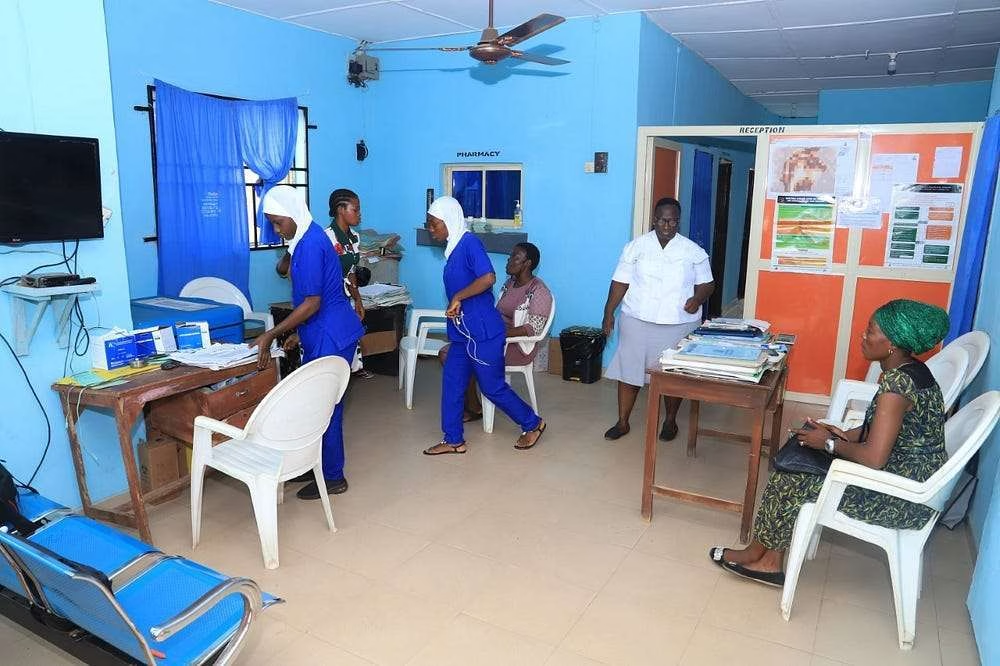Nigeria has taken a significant step towards transforming its healthcare system with the launch of a nationwide initiative that deploys 774 Performance and Financial Management Officers (PFMOs) across all local government areas. This move aims to bolster accountability, efficiency, and service delivery in the country’s primary healthcare system. The initiative, flagged off by Dr. Muyi Aina, Executive Director of the National Primary Health Care Development Agency (NPHCDA), aligns with President Bola Ahmed Tinubu’s health transformation agenda.
At the heart of this reform is the role of PFMOs, who will be instrumental in tracking performance data, supporting community outreach, and ensuring the transparent use of funds allocated through the Basic Healthcare Provision Fund (BHCPF). According to Dr. Aina, this is not merely a policy but a transformational effort aimed at securing the future of healthcare in Nigeria, where young people are empowered to lead. The initiative also includes the retraining of over 60,700 health workers and the revitalization of primary healthcare facilities with modern equipment, solar power, and upgraded infrastructure.
The involvement of traditional institutions is seen as a key component in driving healthcare reforms at the grassroots level. Dr. Francis Ukwuije, a Health Economist with the World Health Organization (WHO), commended Nigeria’s commitment to ensuring value for money in health investments. He emphasized the importance of five pillars for achieving value in healthcare: equity, efficiency, effectiveness, ethics, and dignity. Dr. Ukwuije also called for a strong learning agenda to ensure that lessons from this initiative are institutionalized in Nigeria and shared globally.
Dr. Onoriode Ezire, Senior Health Specialist at the World Bank, highlighted the need for continuous technical assistance to empower health workers with skills in accounting, planning, leadership, and data management. This, he explained, is crucial for delivering quality care, as primary health centers are often underfunded and poorly managed due to a lack of managerial training among health workers.
The positive impact of the PFMOs is already being felt in various localities. Mohammed Baba-Gana from Niger State noted that the initiative is rebuilding trust in the system, with dedicated officers ensuring that funds are spent effectively. Farida Mohammed from Kogi State reported improvements in her health center, including more drugs, responsive staff, and better management of facilities. The PFMO training and support have been instrumental in bridging the gap in budgeting and reporting, enabling better use of BHCPF funds.
This groundbreaking initiative marks a significant step towards reforming Nigeria’s healthcare system, focusing on accountability, efficiency, and service delivery. With the deployment of PFMOs and the emphasis on transparency and effective use of funds, Nigeria is on the path to achieving its health transformation goals. The international community, including organizations like the WHO and the World Bank, has recognized the potential of this initiative, not just for Nigeria but as a model that could be shared globally. As Nigeria continues on this path, the hope is that its healthcare system will become a beacon of excellence, led by young people and directed towards providing quality care for all.





